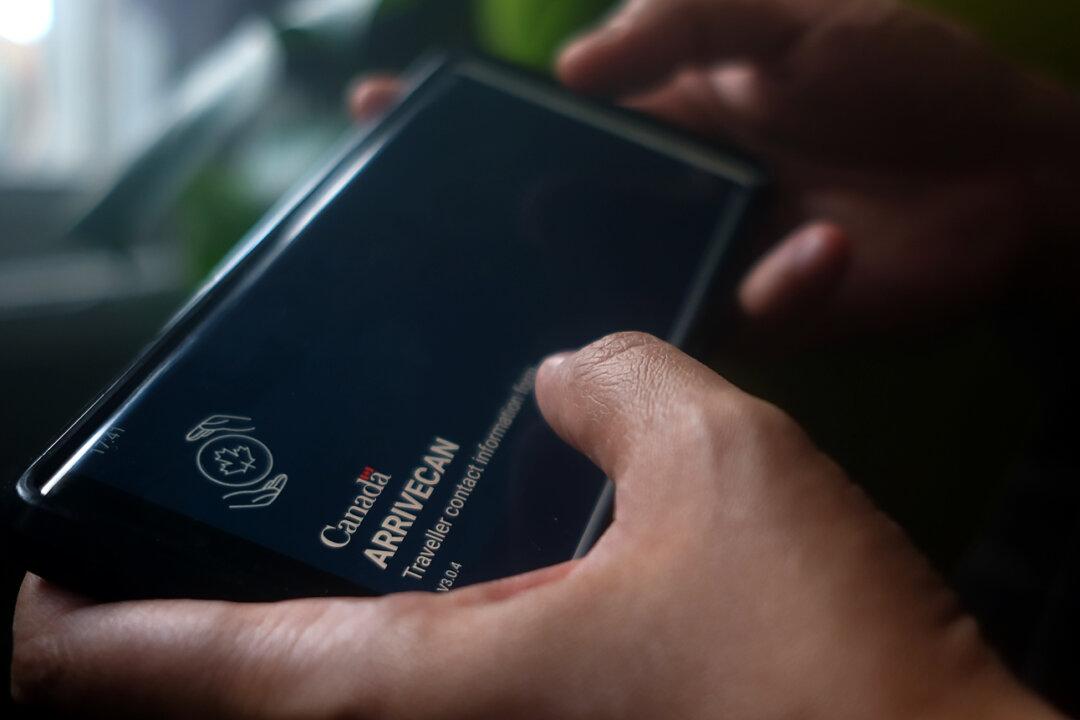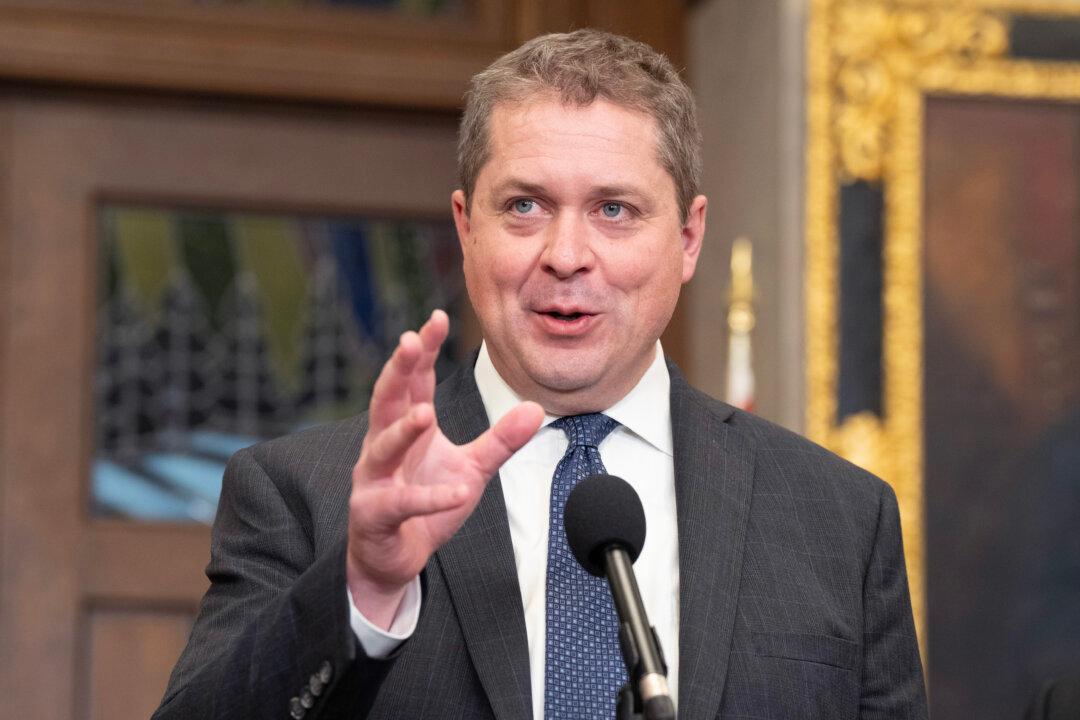Two federal employees who previously worked at the Canada Border Service Agency (CBSA) have been suspended without pay over allegations of misconduct related to the ArriveCan app. The employees allege the allegations are an attempt at “intimidation” to silence their criticism.
Health Canada assistant deputy minister Cameron MacDonald, in a letter to the House of Commons Committee on Government Operations (OGGO), said the action taken against him and Antonio Utano is “Kafkaesque madness” that was damaging to their professional reputations, careers, families, and health.





